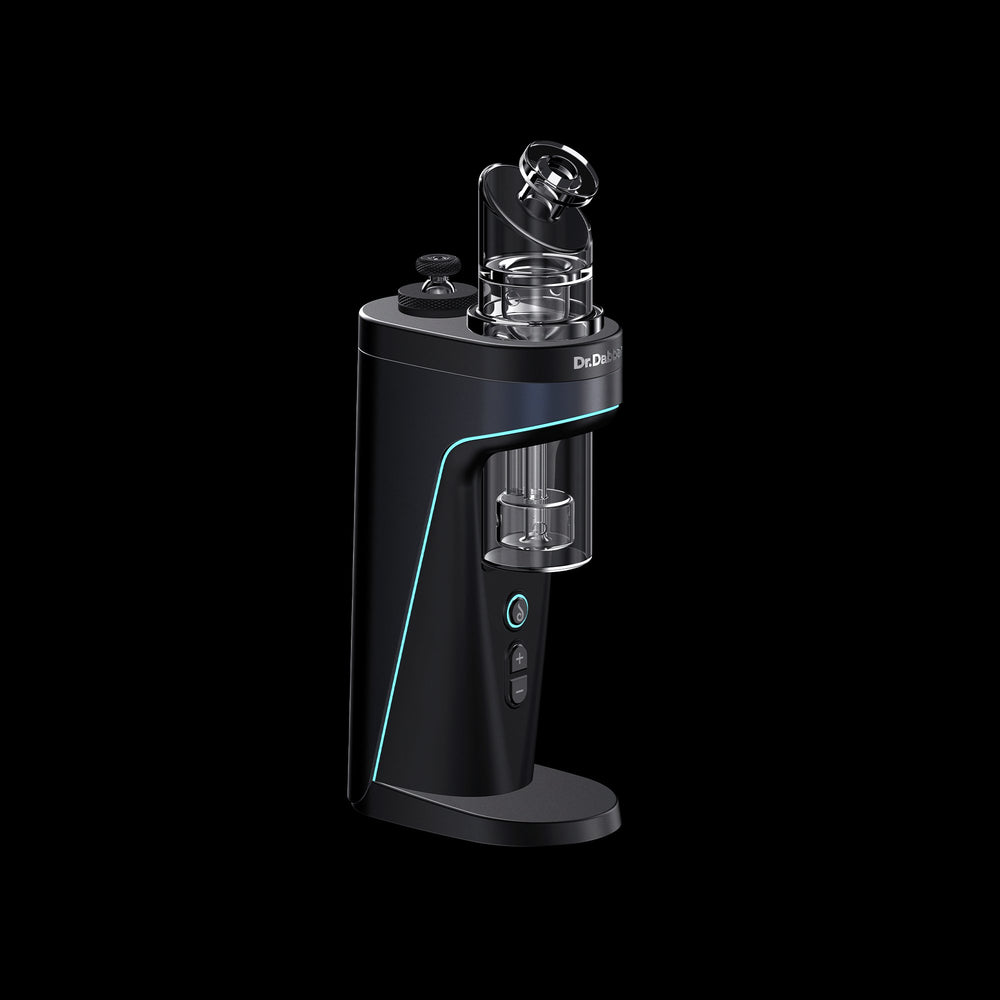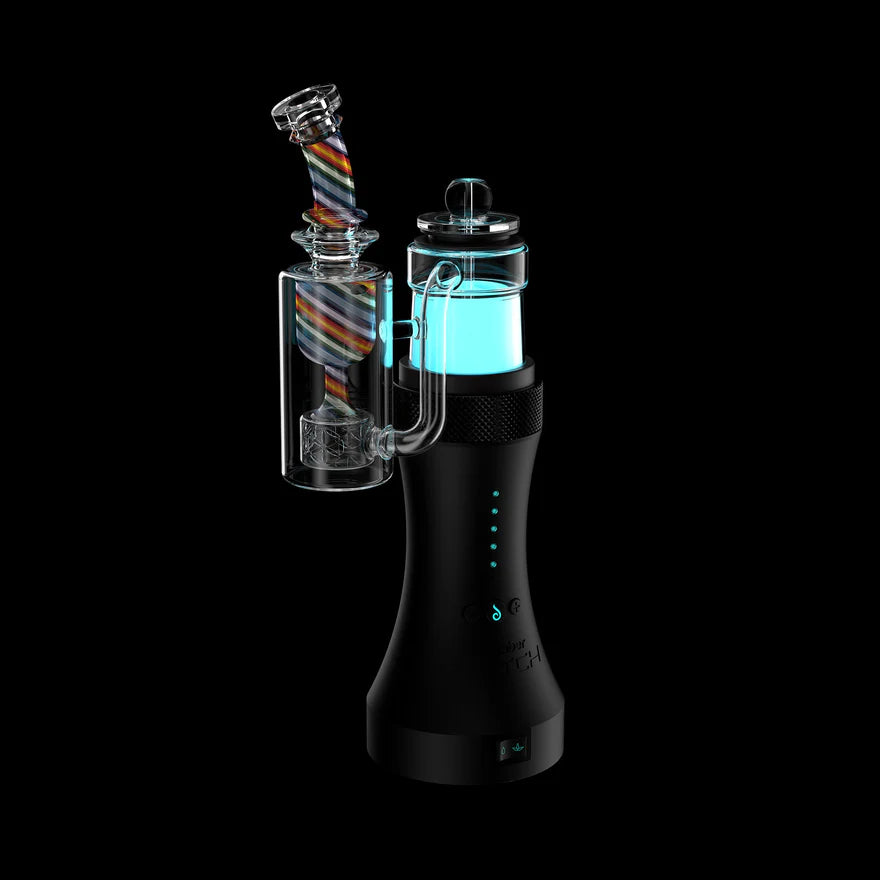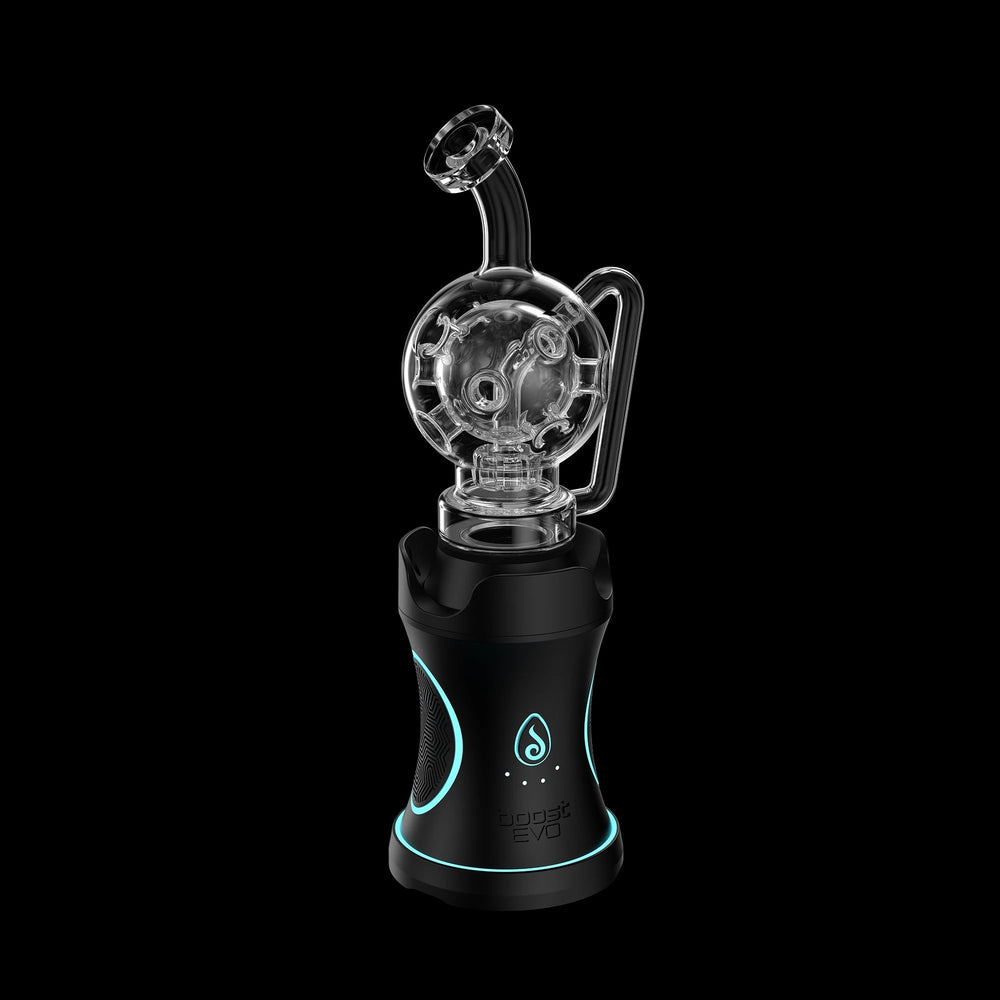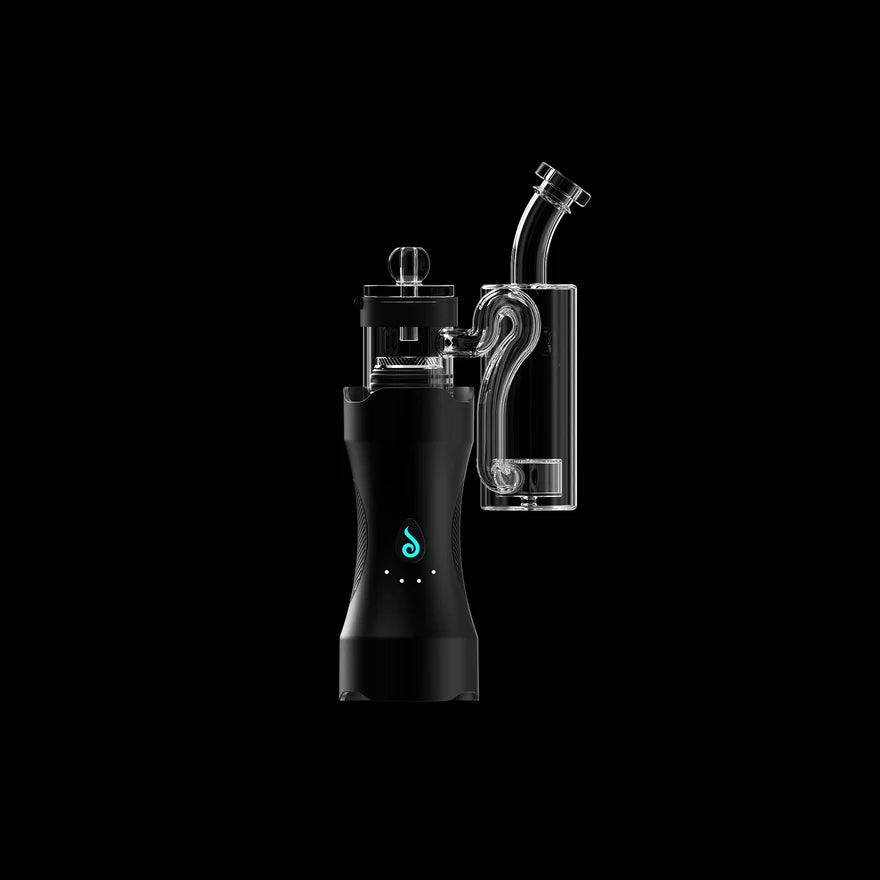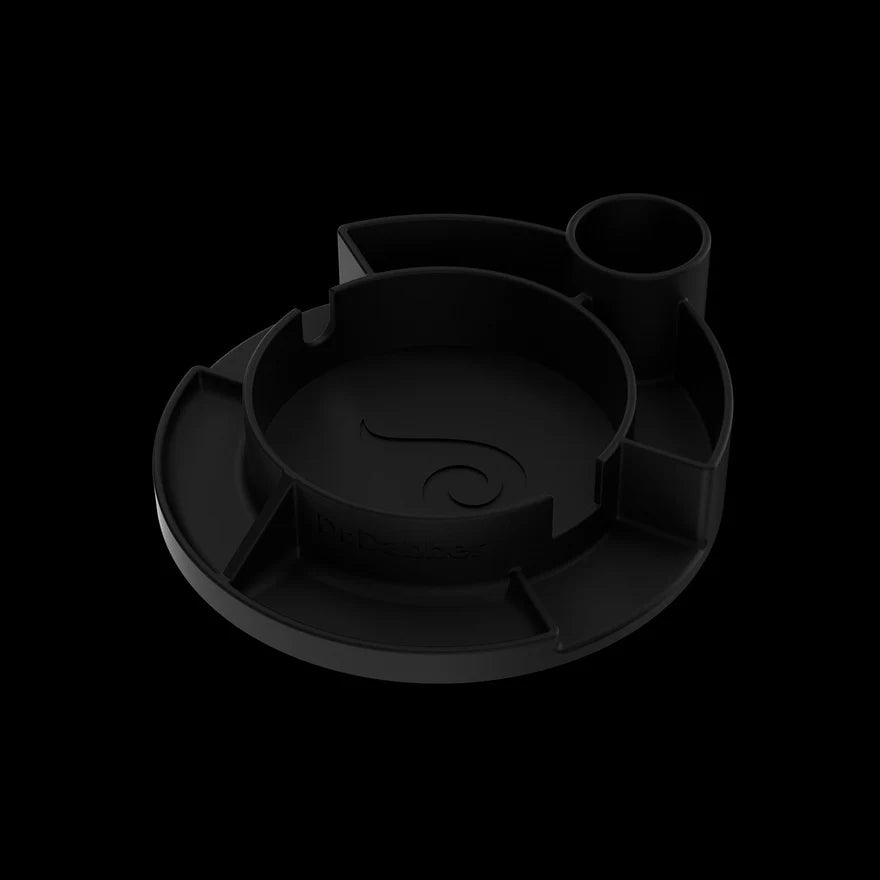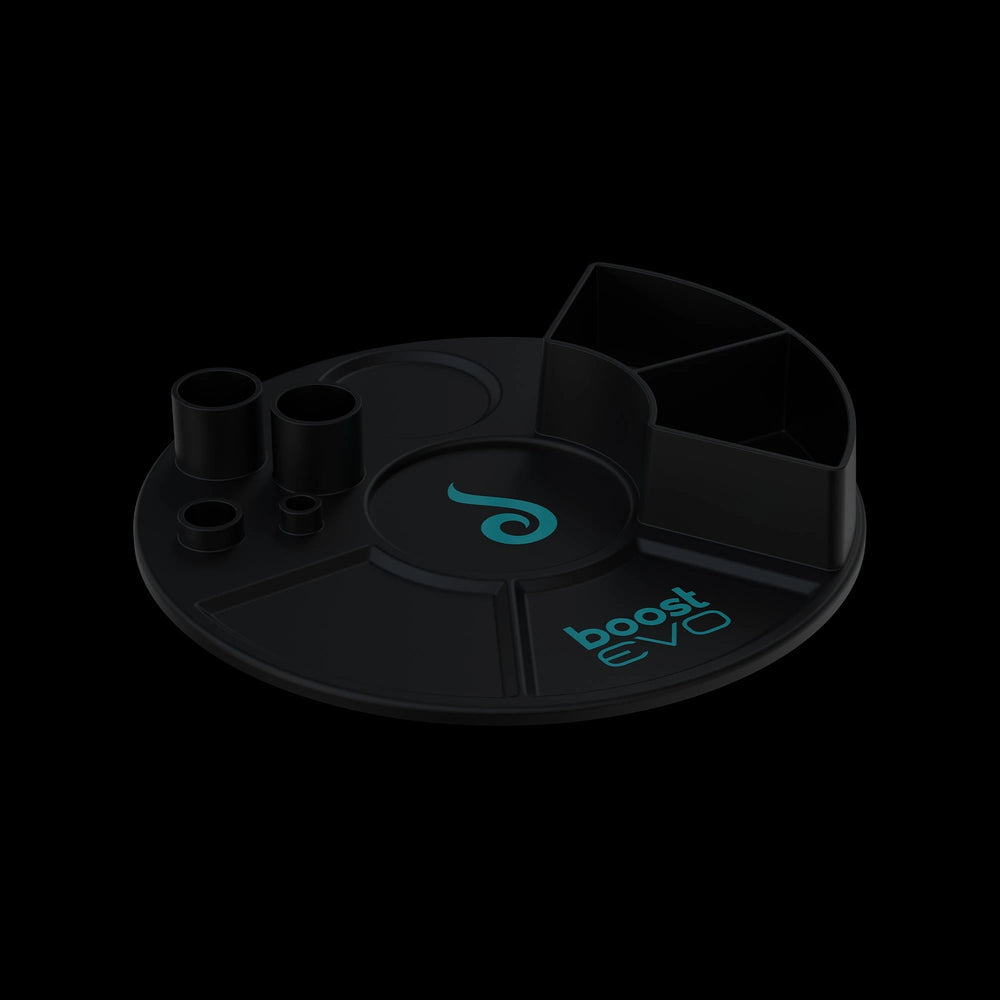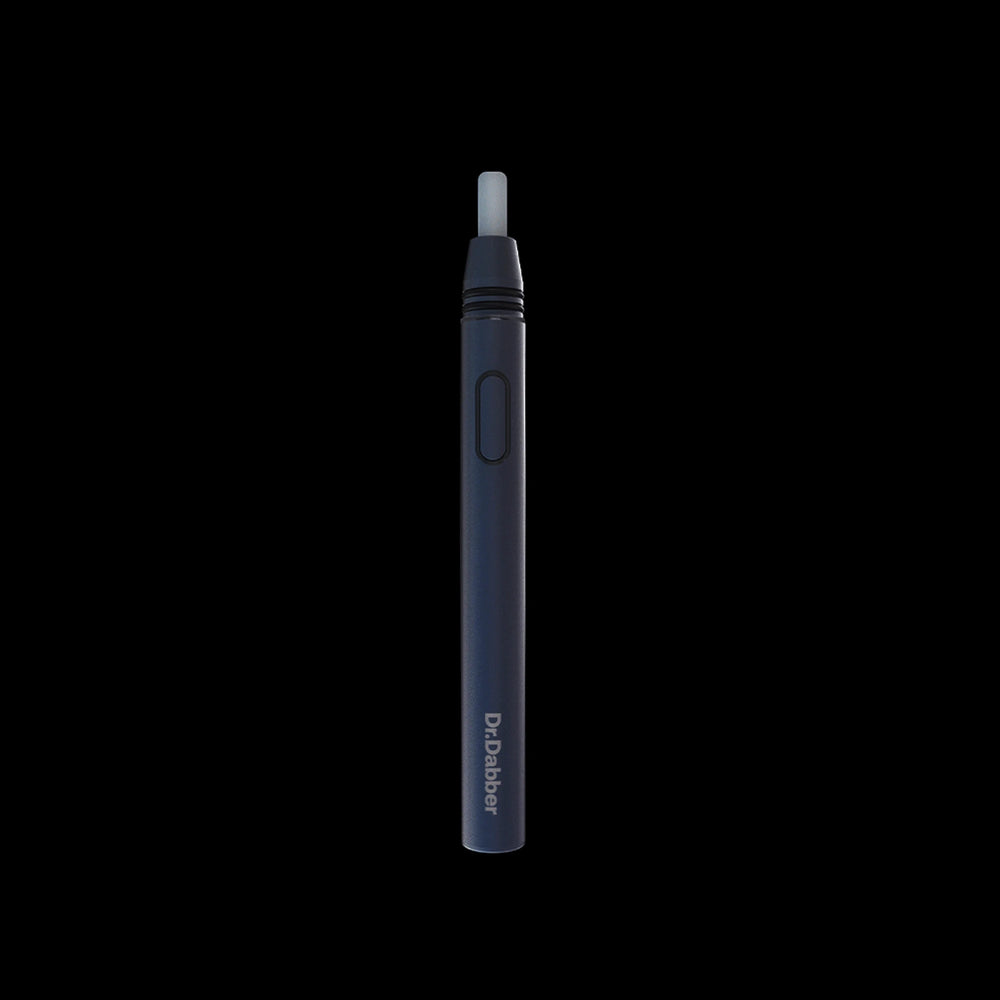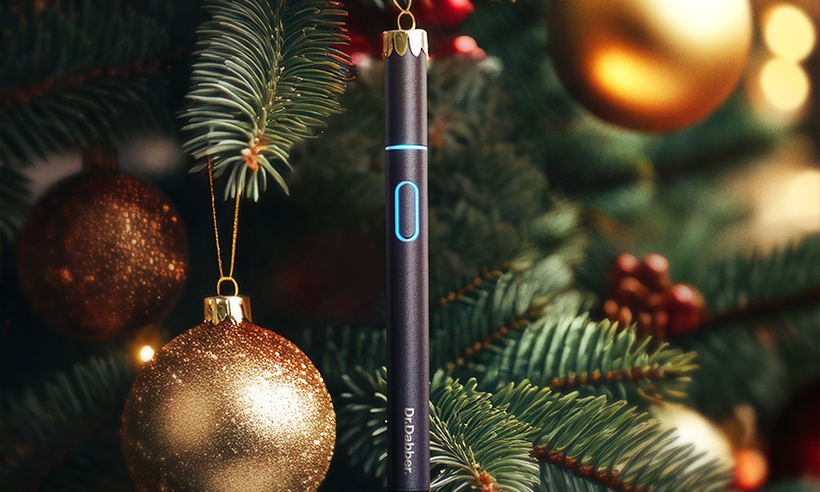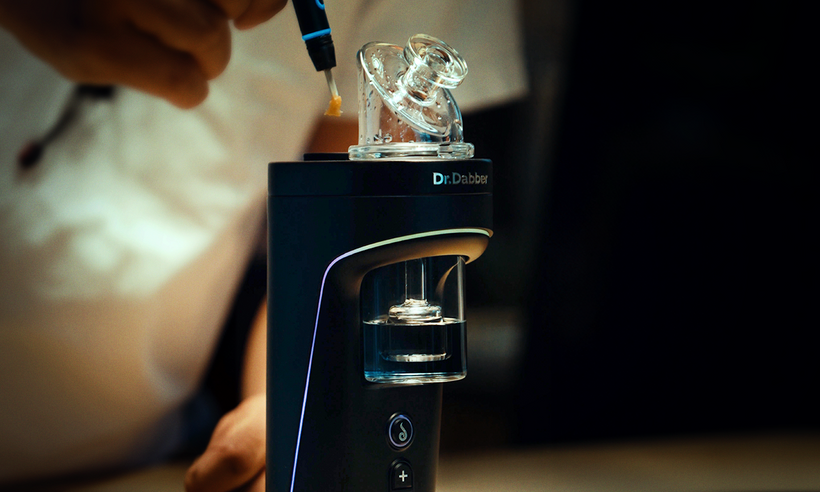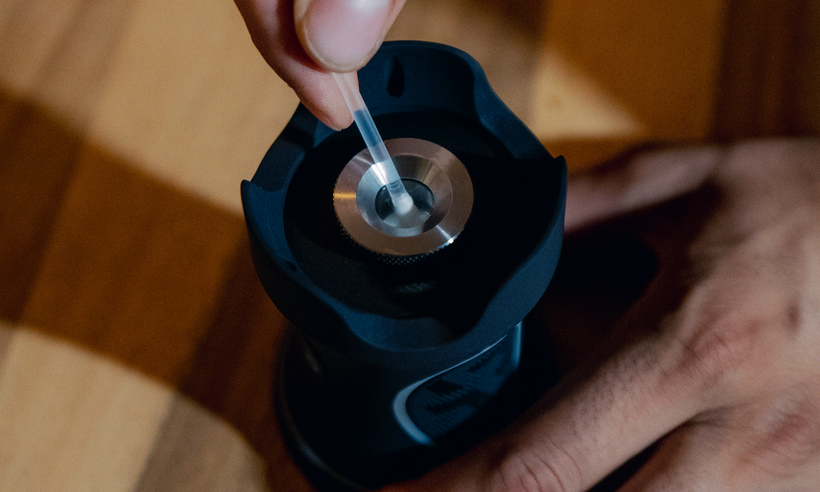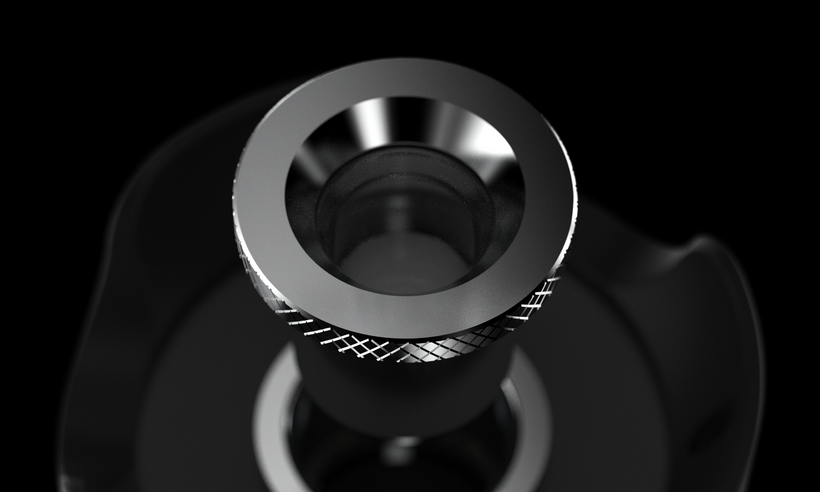Your cart is empty.
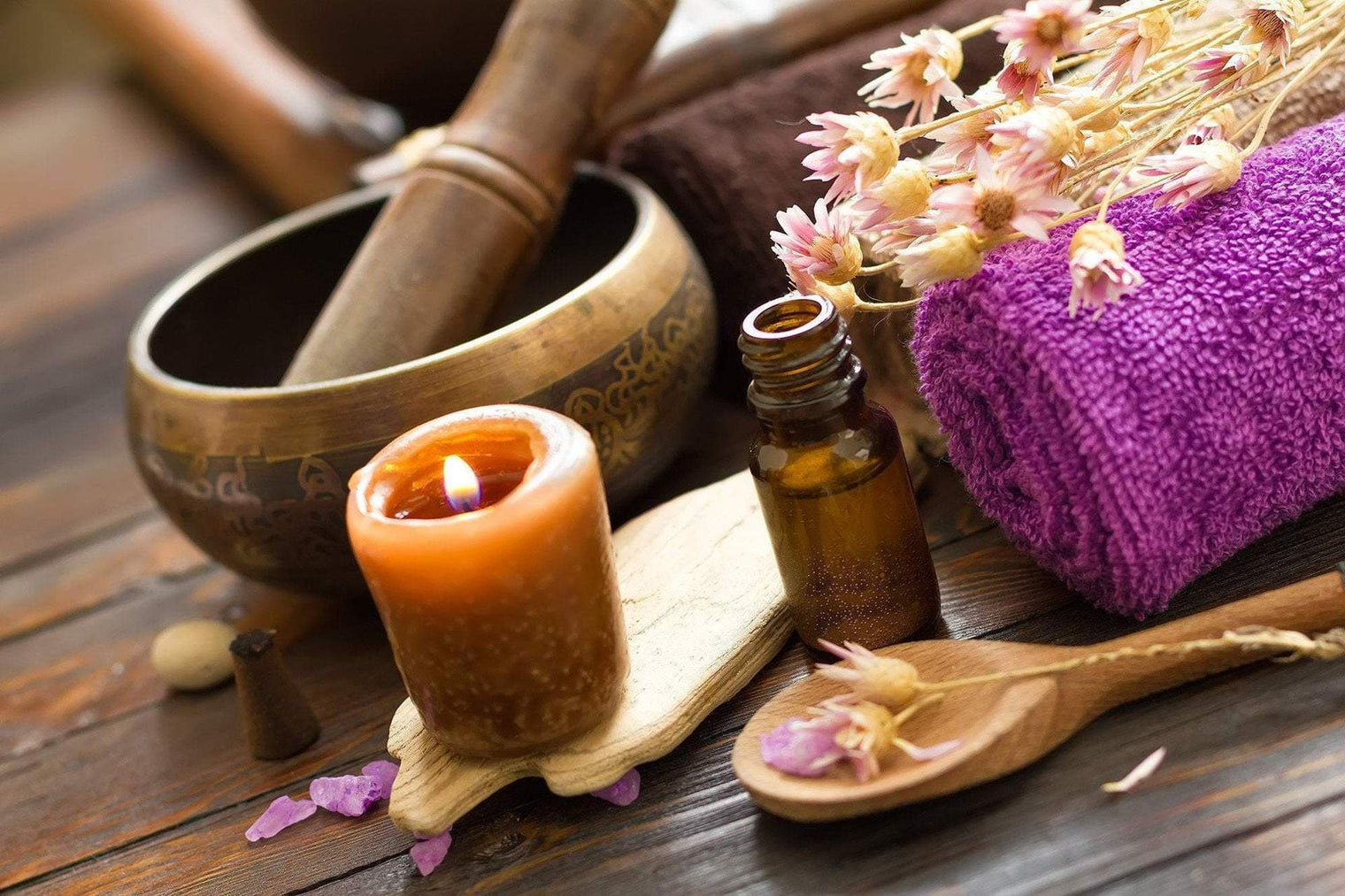
Aromatherapy is the use of aromatic plant extracts and essential oils. Vaporizers allow users to inhale essential oils directly to provide immediate benefits of their respective plant extract.
It was the French perfumer and chemist, Rene-Maurice Gattefosse, who coined the term “aromatherapie” in 1937 with his publication of a book by the same name. His book “Gattefosse’s Aromatherapy” contains early clinical findings for utilizing essential oils for a range of physiological ailments. It seems vital to understand what Gattefosse’s intention for coining the word was, as he clearly meant to distinguish the medicinal application of essential oils from their perfumery applications.
There are a variety of options when it comes to oil vaporization and typically a desktop vaporizer was the standard method of consumption. But desktop vaporizers disperse the product across an entire room limiting their benefits.
Dr. Dabber's lineup of portable vaporizer pens unlocks the practice of using the natural oils extracted from flowers, bark, stems, leaves, roots or other parts of a plant to enhance psychological and physical well-being.
The inhaled aroma from these "essential" oils is widely believed to stimulate brain function and can promote whole-body healing.
There are a wide number of essential oils available, each with its own healing properties.
* Chamomile is a very safe herb to vaporize, even for children and pregnant women. We’ve all heard of the calming effects of chamomile tea. Vaporizing chamomile helps calm anxiety and is a natural, healthy sleep aid.
* Cinnamon is a good choice for increasing energy and focus. It has also been shown to improve peoples' moods.
* Lavender is good when you want to calm down after a stressful day, relax, and prepare for sleep.
* Peppermint is good if you need more energy. It has an energizing, refreshing impact, and can improve your ability to concentrate and think clearly.
* Sandalwood is known for reducing stress, decreasing anxiety, and even acting as an antidepressant.
* Basil has been shown to help with gas and acid re flux. It also has relaxing qualities. Pregnant women are cautioned not to use too much of it because it could cause premature contractions.
* Eucalyptus is an effective antibacterial plant with vapors that are gentle enough for children and pregnant women. Its vapors can help people with colds, flues, and lung infections. This plant also releases anti-microbial elements into the air that reduce the growth of certain bacteria, which help speed healing.
* Ginger can help nasal congestion and painful sinus pressure. It also aids digestion and stomach distress.
* Lavender (yes-lavender again!), in addition to its calming effect, has an antibacterial effect when vaporized. It is important to use organic lavender that has not been treated with pesticide or herbicides that could be absorbed in the vaporizing process.










